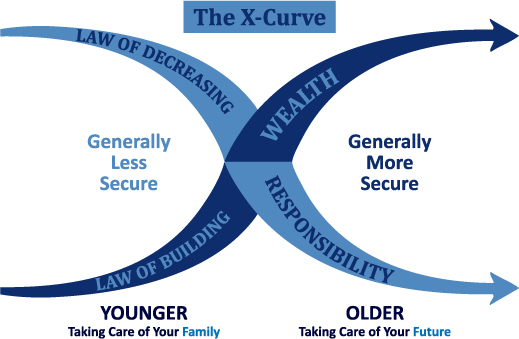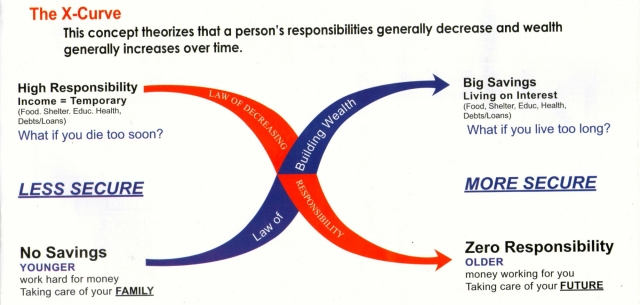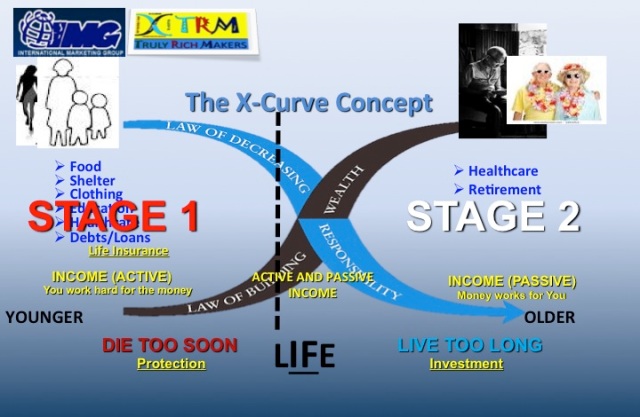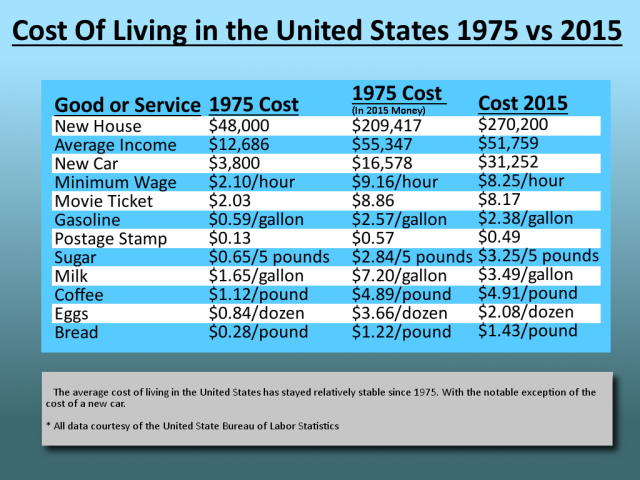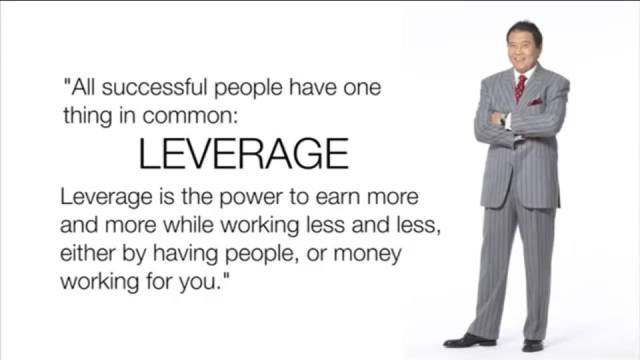Read Read Read Read Read and Read!
Flight Plan, the real secret to success by Brian Tracy
How to sell anything to anybody by Joe Girard
Think and grow Rich Napoleon Hill
Outwitting the devil Napoleon Hill
Crucial Conversations: tools for talking when stakes are high
The 5 Love Languages
Trust me: Four steps to authenticity and charisma
The Charge: activating the 10 human drive that makes you feel alive
The millionaire messenger by Brendon Buchard
How to live with another person by David Viscott
How I raised myself from failure to success by Frank Bettger
Money Master the Game: 7 Simple steps to financial freedom by Tony Robbins
The Charisma Myth
Success through a positive mental attitude
The 50th Law by Robert Greene
Mastery by Robert Greene
The 7 habits of highly effective people
The four agreements
The Luck Factor by Brian Tracy
Don’t die with your music still in you by Wayne Dyer
The magic of believing
The way of the peaceful warrior
The way of the superior man
It’s not over until you win by Les brown
Creative Visualization by Shakti Gawain
Think and grow rich
How to win friends and influence people
Focus by Steven Covey
The speed of trust By Steven Covey
The Tao te ching
The Death of Ivan Illych
Living the wisdom of the tao by Wayne Dyer
The Power of Now
The Science of getting rich
A course in miracles by Dr Helen Schucman
A New Earth
The power of Intention by Wayne Dyer
Inspiration Your Ultimate Calling Wayne Dyer
The 7 Spiritual Laws of Success by Deepak Chopra
You can Heal your life by Louis Hay
As a man Thinketh
Awaken the giant within
Feel the fear……and do it anyway
How to stop worrying and start living
The Richest Man in Babylon
The Millionaire next door
Rich Dad, Poor Dad
The Intelligent Investor
The psychology of Selling by Brian Tracy
Man’s Search for meaning by Victor Frankl
Blink by Malcom Gladwell
The Success Principles by Jack Canfield
Influence: The psychology of Persuasion
Built to last by Jim Collins
Good to great by Jim collins
The magic of thinking big
Difficult conversations; How to discuss what matters most
The Tipping Point by Malcolm Gladwell
The paradox of choice: Why more is less
The 21 irrefutable laws of success
Eat that frog:21 great ways to stop procrastinating and get more done in less time
The power of positive thinking
The one minute manager
The Art of Seduction by Robert Greene
The 48 laws of power by Robert Greene
Psycho Cybernetics: A new way for getting more living out of life
How to read a book
Maximum Achievement by Brian Tracy
Outliers: The story of Success by Malcolm Gladwell
See you at the top by Zig Ziglar
Unlimited power by Tony Robbins
The War of Art by Steven Pressfield
The Monk who sold his Ferrari by Robin Sharma
Chicken Soup for the soul by Jack Canfield
Tough times never last but tough people do by Robert Schuller
Influence: The psychology of persuation
The Leader who had no title
The Alchemist
The Greatest Salesman in the world
The tao of sales
The power of your subconscious mind by Joseph Murphy
Quiet: The power of introverts in a world that can’t stop talking
The four hour work week by Timothy Ferriss
The Laws of Success
How to be rich by napoleaon hill
The Likeability Factor: How to boost your L-Factor and achieve your life’s dreams by Tim Sanders
Start with Why: How great leaders inspire everyone to take action
Advanced selling strategies by Brian Tracy
Flow: The psychology of Optimal Experience
The art of exceptional living by Jim Rohn
7 Strategies of wealth and Happiness by Jim rohn
5 Major Pieces to the life puzzle
My philosophy for success living by Jim Rohn
The seasons of life by Jim Rohn
The treasury of quotes by Jim Rohn
Take Charge of your life by Jim Rohn
Time Management by Brian Tracy
Cultivating an unshakeable character by Jim Rohn
The day that turns your life around by Jim Rohn
Converse with Charisma: How to talk to anyone and enjoy networking by Jim Rohn & Brian Tracy
The Power of Self Discipline by Brian Tracy
The power of charm by Brian Tracy
The art of closing the sale by Brian Tracy
Speak to win by Brian Tracy
The power of self confidence by Brian Tracy
Be a sales superstar by Brian Tracy
Crunch point: the 21 secrets to succeeding when it matters most by Brian Tracy
Negotiations By Brian Tracy
Master strategies for higher acievement by Brian Tracy
Leadership by Brian Tracy
The Secret code of success by Noah St John
The Book of Afformations by Noah St John
Developing the leader within you by John Maxwell
Winning with people by John Maxwell
Failing forward by John Maxwell
The 5 levels of leadership by John Maxwell
Talent is never enough: Discover the choices that will take you beyond your talent
The Great Gatsby by F Scott Fitzgerald
Secrets of closing the sale by Zig Ziglar
Born to win: Find your success code
Goals: Setting and achieving them on schedule
Raising positive kids in a negative world
Courtship after marriage: romance can last a life time
Success and the self image by Zig Ziglar
Sales Success: Motivation from today’s top sales coaches by Zig Ziglar and Denis waitley
Word master: Improve your word power and improve your life by Denis Waitley
Leadership: Motivation and inspiration from today’s top success coaches by Zig Ziglar
The Psychology of winning by Denis Waitley
Seeds of Greatness by Denis Waitley
The Winners Edge by Denis Waitley
The psychology of Motivation by Denis Waitley
The 80/20 Rule
The compound effect by Darren Hardy
What would napoleon hill do
The choice
the greatest miracle in the world
the greatest secret in the world
The total money makeover by Dave ramsey
Financial peace by Dave Ramsey
The 8th Habit: From effectiveness to greatness by Steve Covey
I can see clearly now by Wayne Dyer
Your Erroneous Zones by Wayne Dyer
Your Sacred Self by Wayne Dyer
Wisdom of the Ages by Wayne Dyer
There is a spiritual solution to everything by Wayne Dyer
Manifest your destiny by Wayne Dyer
THE BOOKS YOU DON’T READ WON’T HELP
If you got value from this, feel free to rock on!
Posted from WordPress for Android









